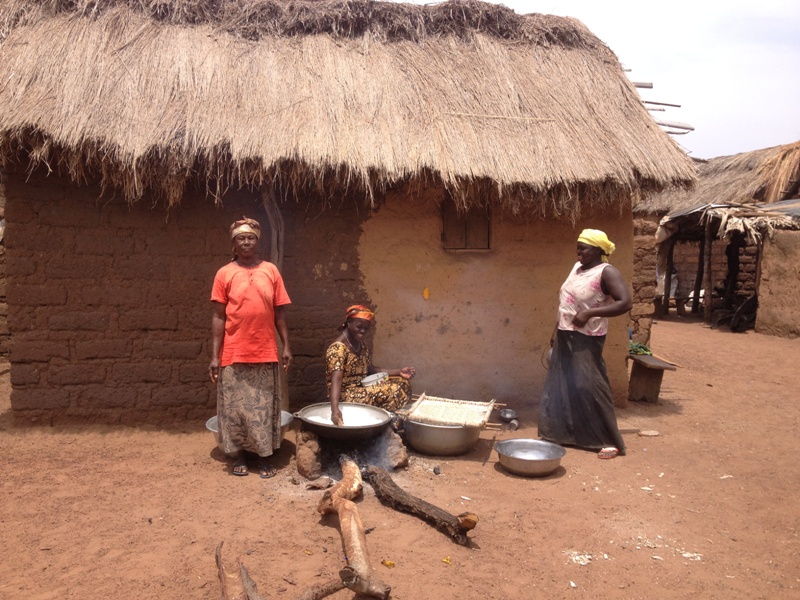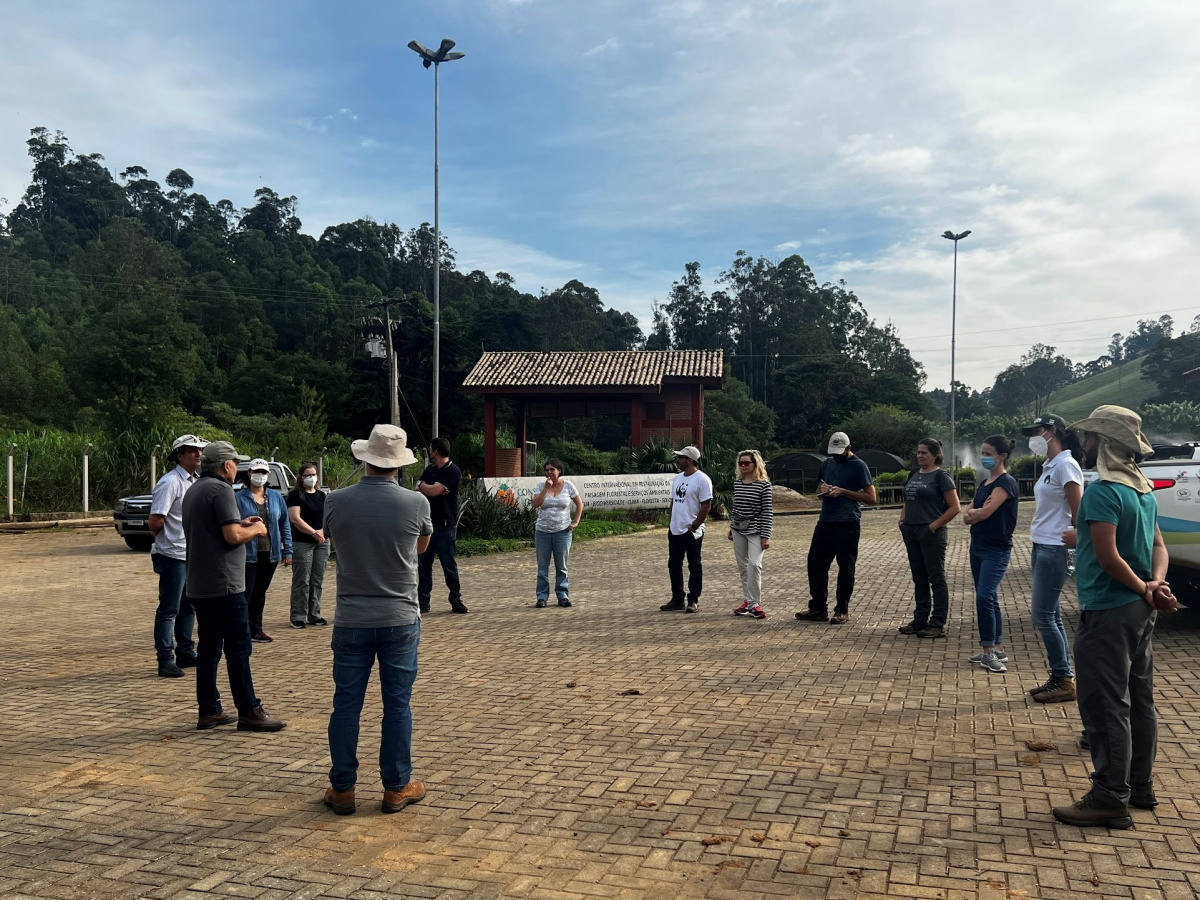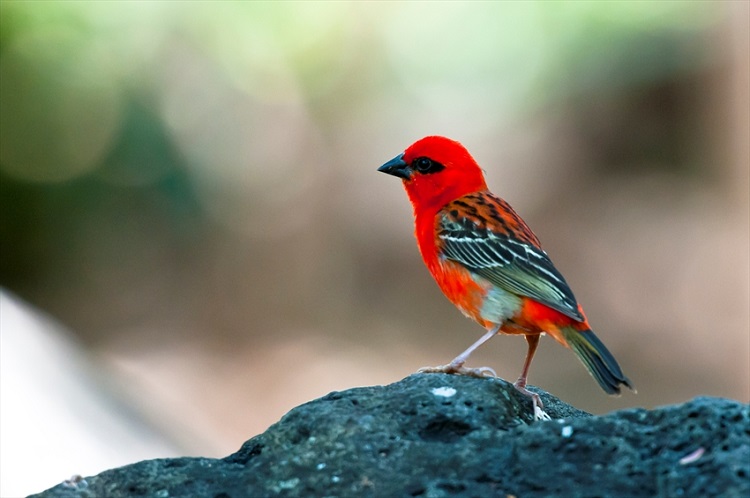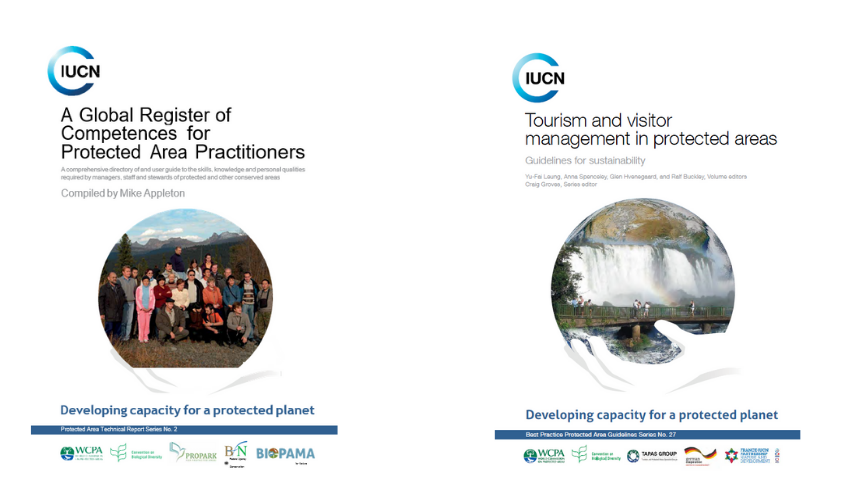Event: Sharing knowledge from REDD+ projects in Ghana, Mexico and Peru
On September 29, 2016, IUCN’s Global Forest Programme (GFP) is hosting a learning exchange on benefit sharing mechanisms in REDD+ initiatives at the Forest Carbon Partnership Facility (FCPF) Assembly Meeting. The event is taking place in Accra, Ghana and will be live streamed so you can tune in.

Photo: S. Bobtoya / IUCN
The FCPF is a partnership of governments, civil society organisations, businesses and indigenous peoples working on reducing emissions from deforestation and degradation, an approach commonly known as REDD+. Benefit sharing mechanisms – that outline how the monetary and non-monetary benefits of projects are channeled to various stakeholders – are critical to the success of REDD+. IUCN and its partners have been working in several tropical countries to ensure that, by 2020, REDD+ initiatives deliver tangible economic and environmental benefits.
The IUCN-hosted session at the FCPF meeting will showcase how Ghana, Mexico and Peru are designing and scaling up REDD+ frameworks that are rights-based and pro-poor. It will build upon the work IUCN has been doing in these countries in collaboration with the Forest Commission, Ghana; the Comisión Nacional para el Conocimiento y Uso de la Biodiversidad (CONABIO), Mexico; Conservation International (CI); the Ministry of Environment (MINAM), Peru and other organisations. A key component of the discussion will be how equitable and pro-poor benefit sharing and incentive mechanisms can encourage forest-dependent communities to act on deforestation and degradation. Speakers will place these mechanisms within a rights-based and sustainable livelihoods framework approaches and will touch upon several cross-cutting issues such as gender, the definition and scope of benefits, tenure rights, poverty and indigenous peoples.
This will be followed by a guided discussion and a Q&A session. Speakers include Roselyn Adjei, National REDD+ Secretariat, Ghana; Fabiola Navarrete, Comisión Nacional Forestal (CONAFOR), Mexico; Kenneth Peralta Narío, MINAM, Peru; Saadia Bobtoya, Ghana Country Office, IUCN and George Akwah, REDD+ Programme Officer, GFP, IUCN.
The session will contribute to ongoing FCPF discussions on implementing performance-based payment systems for emission reductions generated by REDD+. The discussions will also build on the experiences of other countries that are at different stages in the REDD+ process, such as Nepal, the Republic of Congo, Vietnam and Chile that presented their REDD+ Readiness Packages for approval, while Cambodia, Madagascar, and Nicaragua presented their Mid-Term Progress Report on their readiness process for additional funding approval during the Participants’ Committee meeting taking place from September 26-28. IUCN’s knowledge session is part of the official programme of the Participants’ Assembly scheduled for September 29, 2016.
Join the live broadcast:
Thursday, September 29, 2016 | 10:45 am Eastern Daylight Time
Weblink: https://worldbankgroup.webex.com/worldbankgroup/j.php?MTID=m6d0c0ffcf4a417e0e61c85cd0f1b2b7a
Meeting number: 734 895 846
Meeting password: ZcchYH48
We’ll be tweeting updates from @IUCN_Forests.
In Ghana, IUCN has been working with the Forest Commission and other partners to support the design of national benefit sharing mechanisms for the country’s REDD+ policy. In partnership with CONABIO, CONAFOR and other civil society organisations, IUCN’s Mexico team has been focusing on supporting Quinatana Roo, Campeche and Yucatan in the develop of their tri-state sub-national REDD+ policy. In Peru, a collaborative effort with the Asociación para la Investigación y Desarrollo Integral (AIDER), MINAM and CI is contributing to the government of San Martin’s efforts to design its regional REDD+ strategy. You can read more about our work on REDD+ here.
IUCN’s REDD+ work is supported by Germany’s Federal Ministry for the Environment, Nature Conservation, Building and Nuclear Safety (BMUB) and the Danish International Development Agency (DANIDA).



